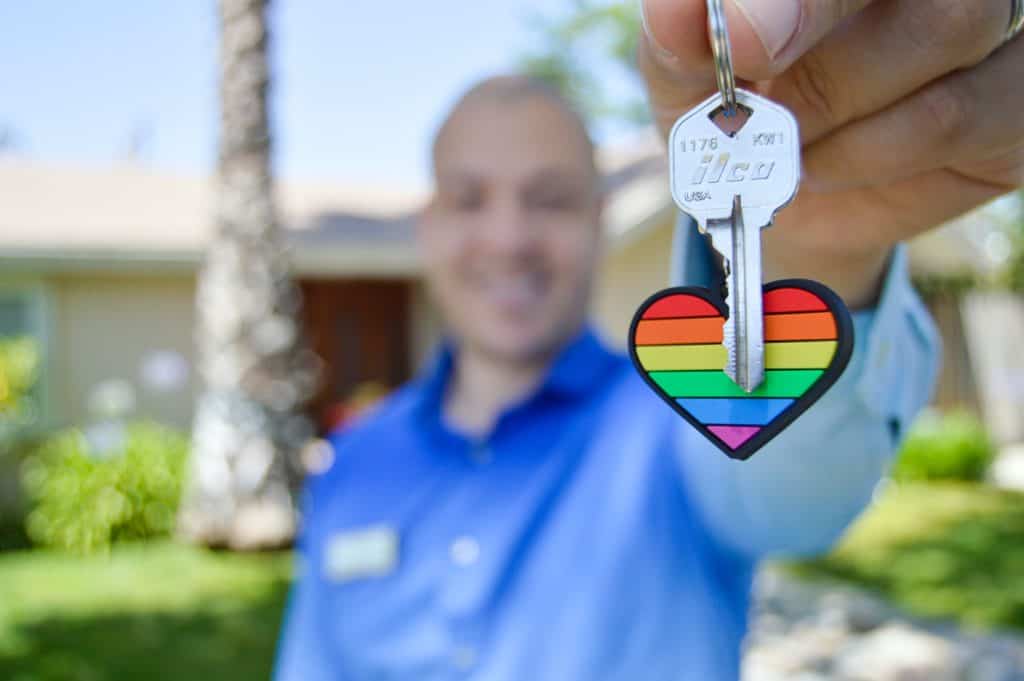April 2020 was not an easy time to be a real estate agent. Some regions of the United States saw home sales drop by as much as 20% to
30% in April alone. That same month, the real estate website Redfin furloughed 41% of its agents. By the end of April, the number of new listings in Manhattan was 88% lower than it had been a year prior.
As real estate agents scramble for new business, compliance with civil rights laws may not be the first thing on their minds. Yet evidence suggests that as housing sales plummeted in April, the amount of racial discrimination in the housing sales market plummeted alongside it.
The nonprofit organization I work for, the National Community Reinvestment Coalition (NCRC), measures levels of discrimination in the real estate marketplace by conducting civil rights testing. An example of this would be hiring a Black “tester” and a White “tester” (usually professional actors) to contact the same real estate agency on the same day, and ask about available properties, in order to see whether they’re treated the same way. As a fair housing attorney, my job is to file complaints against real estate agencies when testing shows that they’ve engaged in clear patterns of discrimination.
Conducting one test won’t tell you much about the marketplace, but conducting large numbers of them will give you a sense of how much discrimination is taking place. NCRC has been conducting hundreds of tests each year in various cities around the country. There have consistently been significant differences in how White testers and testers of color are treated overall – except, that is, in April 2020.
The difference between March and April was quite stark. In March, NCRC conducted 20 housing sales tests in multiple cities, and in 7 out of the 20 tests, the White tester was given significantly better treatment than the tester of color. In April, NCRC conducted 19 tests in the same cities, and not a single one of them showed a significant difference in treatment. By and large, agents in April were very eager to show homes to any person who contacted them, regardless of that person’s race (or gender).
Could this all be a fluke? It’s certainly possible. This isn’t enough data for any kind of rigorous scientific analysis. But as an observation, it matches what other fair housing advocates have told us about their experiences conducting sales tests in an economy affected by COVID-19. Employees of multiple organizations have come to the same conclusion – that sales testing isn’t showing many discriminatory results, because most agents are giving great customer service to everyone who contacts them.
None of this should be interpreted as a suggestion that discrimination in housing sales has completely disappeared. Racial inequality in homeownership is still at a high for African Americans, and the reality of deep long-term racial economic inequality means that there is little opportunity for disenfranchised communities to take advantage of a downturn in discrimination. Still, this drop-off in racially discriminatory results is remarkable. Will agents continue this inclusive approach when the housing market rebounds? No one knows for sure – but NCRC will be conducting testing to find out.
Jake Lilien is NCRC’s Compliance Program Manager.
Photo by Maurice Williams on Unsplash



